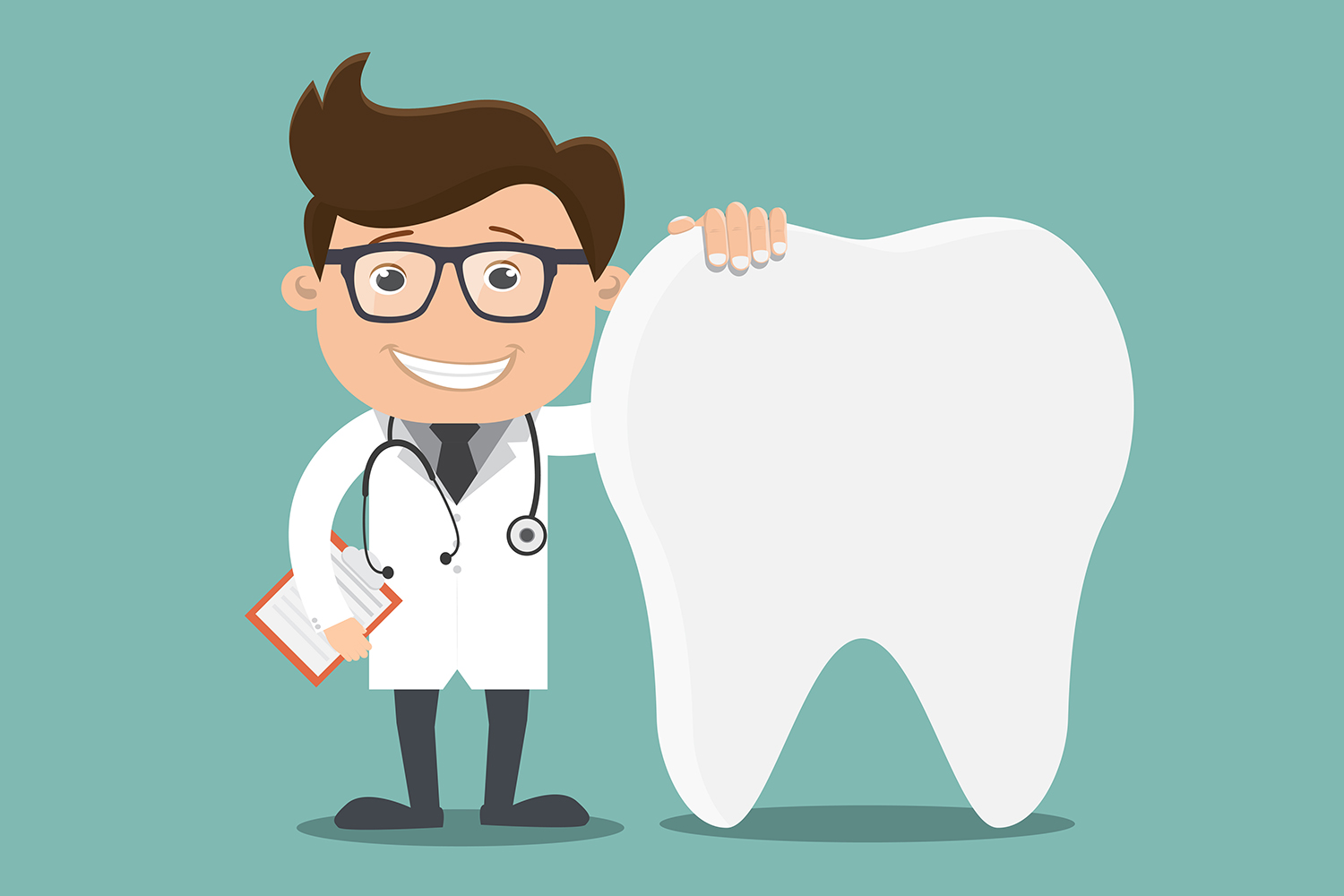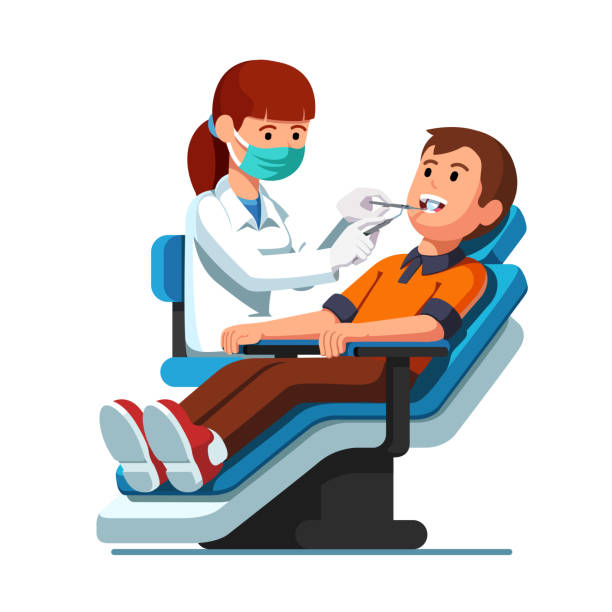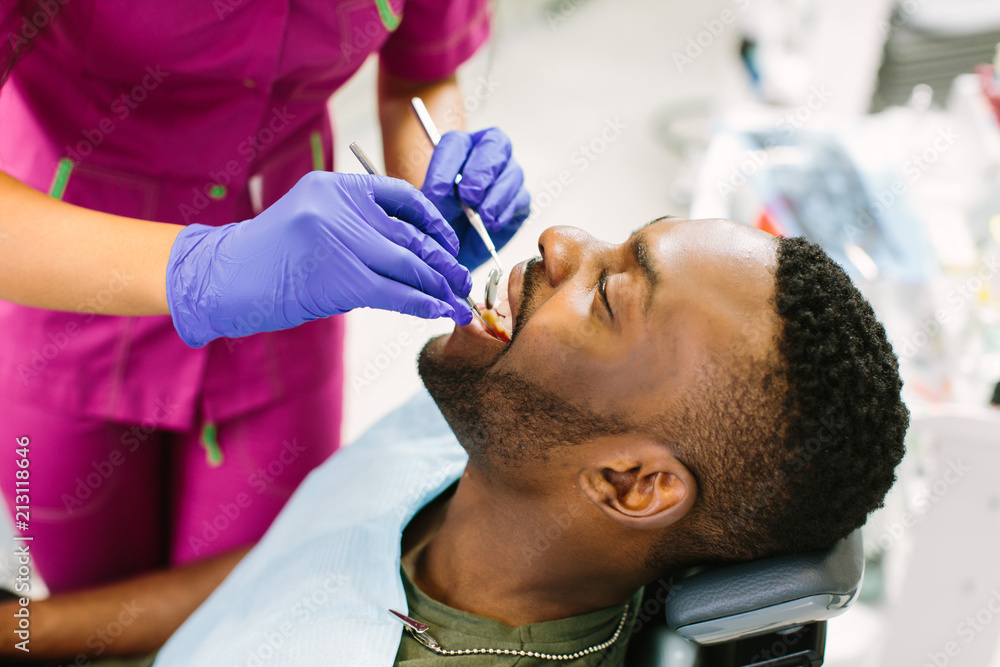Typical Questions Concerning Oral Veneers Responded To
Dental veneers have become a significantly desired alternative for those wanting to enhance their smiles, yet many people stay unpredictable about various aspects of their use. Key questions commonly develop regarding the application procedure, durability, and prospective dangers connected with these cosmetic improvements. Additionally, the distinction between porcelain and composite veneers can substantially affect one's choice. As we check out these typical queries, it comes to be essential to think about not just the benefits however also the implications of going with oral veneers in quest of a more certain look. What factors should one evaluate before making such a decision?
What Are Oral Veneers?
Dental veneers are slim, personalized shells crafted from porcelain or composite material that are created to cover the front surface area of teeth. These oral prosthetics serve both functional and aesthetic functions, giving a solution for different dental blemishes, consisting of staining, chips, spaces, and imbalance. By sticking to the teeth, veneers can significantly enhance the general appearance of a smile, producing an extra consistent and attractive appearance.
Porcelain veneers are specifically favored for their natural translucency and tarnish resistance, making them an optimal selection for individuals seeking resilient outcomes. In comparison, composite resin veneers are typically less costly and can be applied in a solitary see, but they may not use the very same longevity as porcelain choices.
The choice to select dental veneers usually originates from a desire for aesthetic improvement, but clients must likewise take into consideration variables such as the longevity of the product, upkeep needs, and the possible need for tooth reduction (Veneers). Eventually, dental veneers represent a versatile and effective solution for achieving a radiant smile, satisfying individual aesthetic demands while advertising confidence and self-confidence
How Are Veneers Applied?
The application process for veneers calls for careful planning and accuracy to make sure ideal results. The procedure typically starts with a detailed appointment, where the dentist evaluates the person's oral health and wellness, discusses wanted results, and identifies the appropriate kind of veneers, whether porcelain or composite material.
Once the therapy strategy is established, the dentist prepares the teeth by getting rid of a thin layer of enamel, usually concerning 0.5 mm to 1 mm, to accommodate the veneer. This action is essential as it makes sure a proper fit and protects against the veneers from appearing bulky - Low Cost Veneers. After preparation, impacts of the teeth are taken to create custom-made veneers that match the person's unique oral structure and aesthetic choices
While the permanent veneers are being fabricated in a dental research laboratory, temporary veneers may be placed to safeguard the ready teeth. Once the permanent veneers are prepared, the dental practitioner will carefully bond them to the teeth utilizing a solid oral adhesive.
What Are the Benefits?

Furthermore, veneers are recognized for their resilience and resistance to tarnishing contrasted to natural teeth. Made from premium products such as porcelain or composite material, they can maintain their appearance for several years with correct treatment. This longevity makes them a useful financial investment in one's oral look.
In addition to aesthetic enhancements, veneers can additionally add to enhanced dental health and wellness. By covering damaged or damaged teeth, they can provide additional support and security, aiding to prevent more degeneration or deterioration. This protective facet can decrease the requirement for extra extensive oral procedures in the future.

How Much Time Do They Last?
With proper care and upkeep, dental veneers can last anywhere from 10 to 15 years, making them a resilient solution for improving one's smile. The durability of veneers mostly depends on the product used, the top quality of the first positioning, and the individual's adherence to dental hygiene practices.
Porcelain veneers are known for their toughness and resistance to discoloration, typically lasting closer to the 15-year mark when taken care of appropriately. Composite veneers, while more inexpensive, might call for substitute sooner, official statement commonly within 5 to one decade because of their susceptibility to put on and discoloration.

In addition, wearing a mouthguard during sporting activities or nighttime can provide additional protection. Eventually, while veneers supply a significant aesthetic improvement, their longevity is considerably affected by the dedication to proper dental treatment and regular assessments with an oral specialist.
Exist Any Dangers?
Thinking about the transformative effects of dental veneers, it's important to acknowledge the possible next page dangers linked with their application. While veneers can boost the appearance of teeth, the treatment involves the removal of a thin layer of enamel, which can raise tooth level of sensitivity and susceptability to degeneration.
One significant risk is the possibility of incorrect positioning or suitable, causing pain, bite imbalance, and even damages to the underlying tooth framework. In addition, if the veneers are not kept appropriately, they can come to be blemished or damaged with time, demanding substitute.
Clients may also experience allergies to the products made use of in the veneers, specifically if they have level of sensitivities to specific dental composites. Furthermore, while veneers are durable, they are not indestructible; too much pressure from grinding or clinching can lead to fractures.
It is important for people to consult with a qualified dental professional to assess their individual risks and to adhere to aftercare directions carefully. By understanding these threats, individuals can make educated choices concerning their dental veneer therapy and guarantee the durability and success of their enhancements.
Verdict
In recap, oral veneers represent a useful cosmetic option for boosting smiles, with considerations concerning their application, advantages, durability, and associated dangers. Their efficiency is influenced by elements such as continue reading this the option of material, with porcelain offering premium sturdiness compared to composite choices. Correct care and upkeep are vital to optimize the lifespan of veneers. Eventually, educated decision-making relating to dental veneers can result in acceptable visual outcomes and enhanced oral health.
Dental veneers are thin, personalized coverings crafted from porcelain or composite resin that are developed to cover the front surface area of teeth. After prep work, impacts of the teeth are taken to develop custom veneers that match the client's special oral framework and visual choices.
While the irreversible veneers are being fabricated in a dental laboratory, short-term veneers may be put to secure the ready teeth. Once the permanent veneers are ready, the dental expert will meticulously bond them to the teeth making use of a solid oral adhesive. Eventually, educated decision-making pertaining to oral veneers can lead to sufficient visual end results and boosted oral health and wellness.